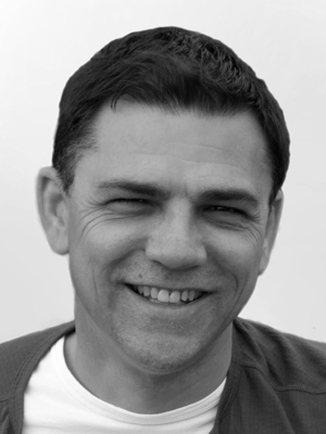|
You have had a couple of sessions with your counsellor. There has been a 'lightbulb' moment, and you walk out feeling good, elated even.
Then about 3 days later, you start to feel low, off-balance, out of sorts. This slowly wears off, and you start to feel OK again, just in time for your next counselling session. And the whole process starts off all over again... What's going on?
What I have just described is a common experience for people going to counselling.
My aim in counselling is to foster the conditions in which change can happen, which is the purpose of offering, what are known in counselling terms, as the core conditions. footnote#1 Change is not always comfortable As human beings we are finely balanced. When we upset this through change, it can push us temporarily out of tune, until we can regain our new point of balance. It needs energy and resources to maintain this process of change, which is what the learning zone model is all about ~ matching the amount of change to your ability to cope with it. Why 3 days?
In truth this is more a 'rule of thumb' than an actual rule, and I am not entirely sure why it's often about 3 days, rather than straight away after your session.
My intuition is that it probably has something to do with the speed at which we grow new neural pathways, which is the current thinking on how we learn new things. This process is quite slow. For instance, much of our long term memory is laid down while we are asleep, so the advice to 'sleep on a big decision' is probably quite a good idea. Tidying a room ~ metaphor for change
I often think change in counselling is like sorting out a messy room.
When you first open the door, there is the moment when you're not sure where to start. After contemplating the mess for a while you decide to pull out a drawer. The stuff that was in the drawer, is now all over the floor, and is getting in your way when you walk about the room. This is a bit like that 3 days later moment. You then start figuring out what you want to chuck away, and which bits you are going to keep. And the room starts to get tidier again. You are now ready to pull out another drawer. Counselling is often very much like this. Things sometimes have to get messier first, which is the message behind the lobster story. Looking after yourself
As a therapist one of things I will often talk about with the people I see, is self-care. Change requires not only commitment, it also requires you to maintain your energy.
An effective way of ensuring you do this is to make a list. Write down as many ways as you can think of for taking care of yourself. Put the list somewhere prominent; the fridge is often a good place. It can then serve as a reminder for when you are feeling low, and needing a pick me up. One of the temptations can be to beat yourself up for 'not having enough on your list'. Remember, a list of 1 or 2 things is still a good list. And that blank space underneath is really just an invitation to add some more ideas later. A personal story
As part of my training, I had to have personal therapy. A little while after one of my sessions...
...3 days later as it happens, I was cycling to work. I started to feel quite strange, and I noticed that I started to feel uncoordinated. Where I would normally be smooth, I was wobbly instead. I found I had to concentrate solely on cycling, instead of my usual thinking about other stuff. At work I spent the day feeling a bit strange and out of sorts. It gradually wore off over the day, and on the way home I was cycling just how I always cycled. A final couple of words
This kind of experience does tend to diminish in frequency and intensity as you continue with the counselling. They are usually a feature of the early sessions.
It's important to understand that what I have talked about doesn't always happen, rather it's something which may happen. And just because it doesn't happen, doesn't mean your therapy is not effective.
main picture by massaoud via pixabay.com
Footnote #1 The core condtions
Related Articles...
0 Comments
Leave a Reply. |
Categories
All
Archives
January 2021
|
BioI'm Mark, a Humanistic Counsellor. |
Home - Testimonials - Articles - Links - Contact - Book Appointment - Counselling Students - Privacy Policy - Terms
Mark Redwood, BA (Hons) Counselling, MBACP
© Mark Redwood 2015, 2016.2017 | Main portrait by Doug Freegard © 2015


 RSS Feed
RSS Feed